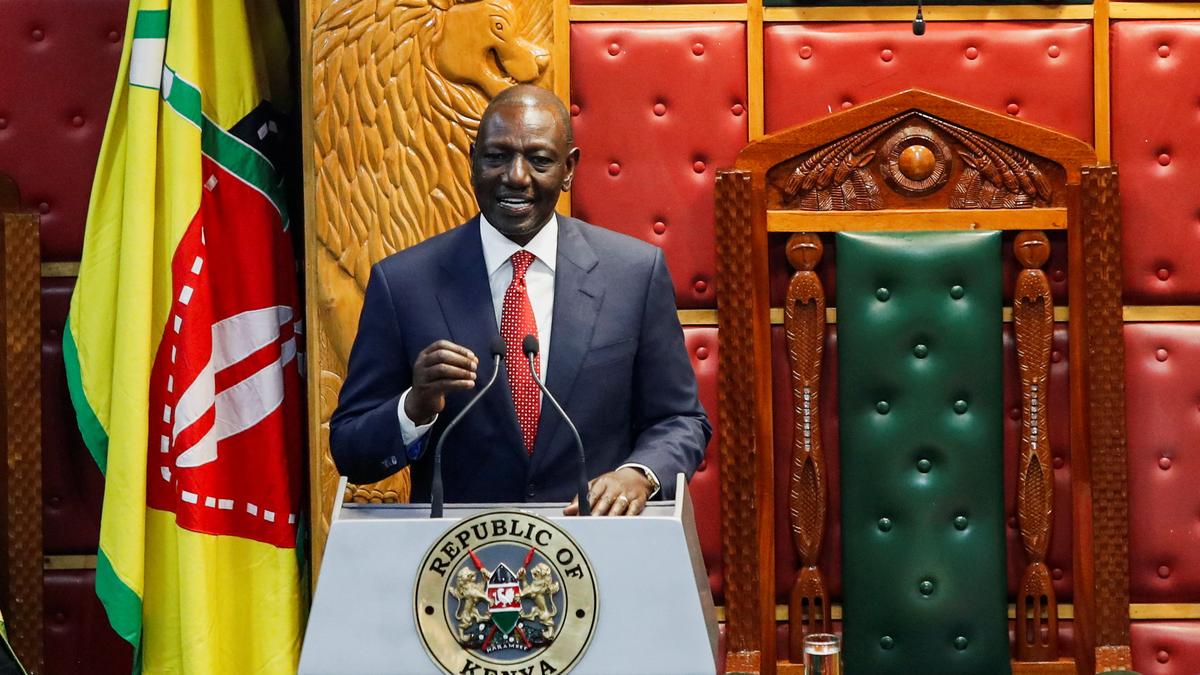Kenya Cancels Adani Deals: A Social Media Storm Brews
Kenya’s abrupt cancellation of several major deals with the Adani Group has ignited a social media uproar, highlighting widespread dissatisfaction among the public. The contracts, linked to critical infrastructure projects, were axed following allegations of irregularities and lack of due diligence in their approval.
The announcement, made by Kenya’s Ministry of Transport, left many questioning the government's initial decision to engage with the Indian conglomerate. Critics argue that the contracts, awarded without proper oversight, risked compromising Kenya’s sovereignty and economic stability.
Social media platforms have been flooded with mixed reactions. While some applaud the government’s move as a step toward accountability, others accuse officials of caving to public pressure and jeopardizing future investments. Hashtags like #AdaniInKenya and #KenyaDealsScandal have been trending, reflecting the intensity of the online discourse.
Economists and political analysts warn that the fallout from this decision could have long-term implications. “This could scare away potential investors,” said Professor Alex Wanjohi, an economist at Nairobi University. “While transparency is critical, abrupt cancellations send the wrong message to the international community.”
The Adani Group has yet to issue an official statement but is reportedly considering legal action against the Kenyan government. Meanwhile, civil society groups are calling for a thorough investigation into how these deals were brokered.
As Kenya grapples with the backlash, the incident raises broader questions about the role of foreign entities in national development projects and the government’s commitment to ethical governance.
